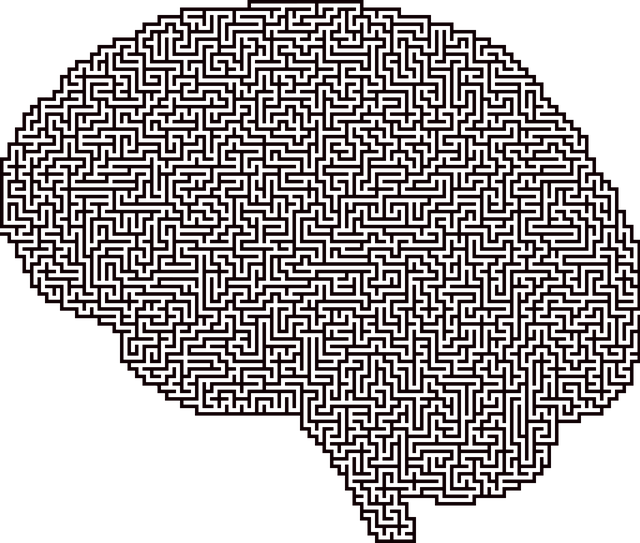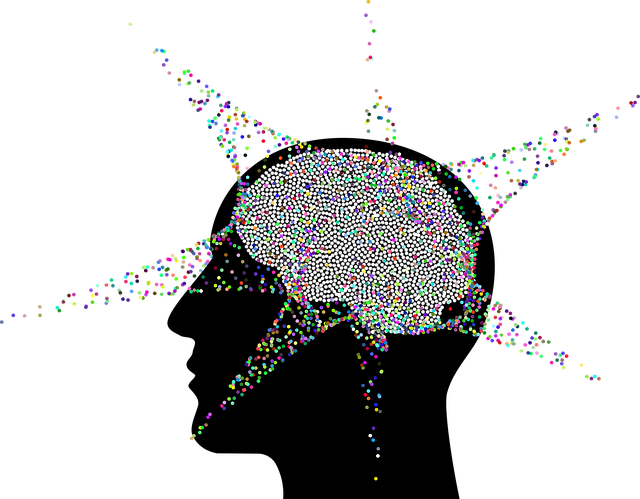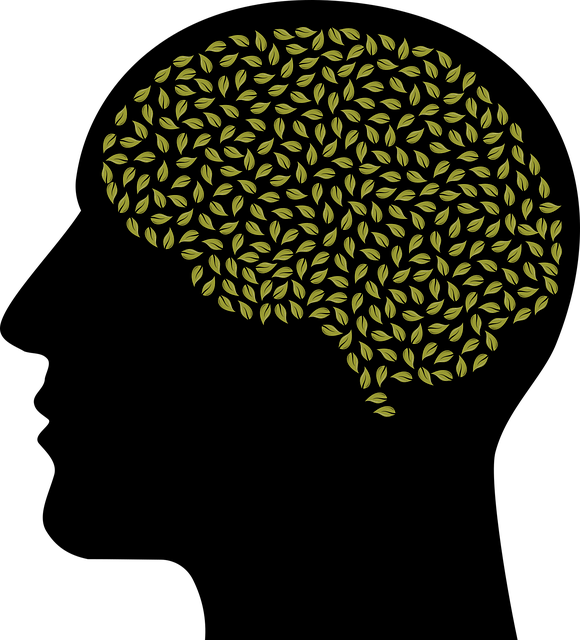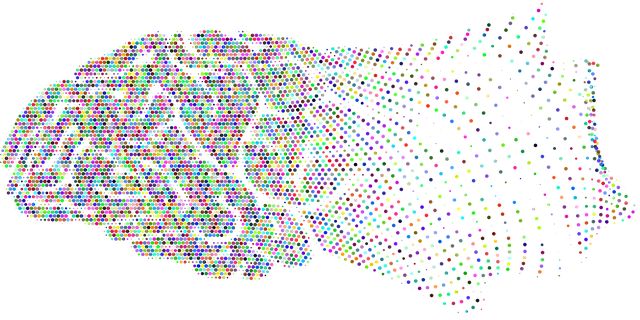Highlands Ranch Conduct Disorder Therapy offers specialized care for children and adolescents with conduct disorder, addressing a complex mental health issue often co-occurring with ADHD or ODD. Their evidence-based practices, including data analytics and AI, combined with cultural sensitivity training, ensure accurate diagnoses and tailored treatment plans. This holistic approach, integrating advanced techniques, community support, and healthcare provider well-being, revolutionizes mental health care in Highlands Ranch, improving diagnosis and long-term outcomes for conduct disorder sufferers.
Mental illness diagnosis accuracy is paramount for effective treatment. This article delves into efforts aimed at enhancing diagnostic precision, focusing on conduct disorder in Highlands Ranch. We explore key challenges associated with conducting accurate assessments and highlight the transformative power of specialized therapy. Advanced techniques are integrated to refine diagnostics, while community-based frameworks and continuous training empower healthcare professionals. Discover how these strategies optimize care for individuals struggling with conduct disorder in Highlands Ranch.
- Understanding Conduct Disorder: Symptoms and Challenges in Diagnosis
- The Role of Specialized Therapy in Highlands Ranch for Accurate Assessment
- Integrating Advanced Techniques to Enhance Diagnostic Accuracy
- Building a Comprehensive Framework for Mental Health Care in the Community
- Ongoing Training and Support: Empowering Healthcare Professionals
Understanding Conduct Disorder: Symptoms and Challenges in Diagnosis

Conduct disorder is a serious mental health condition characterized by persistent and repeated violations of socially accepted behaviors, often leading to significant impairments in daily functioning. While it typically presents in childhood or adolescence, early recognition and intervention are crucial for improving long-term outcomes. The symptoms can range from aggressive behavior, such as fighting, bullying, or damage to property, to non-aggressive conduct like defiance, truancy, and substance abuse. Diagnosing conduct disorder accurately is a complex task due to its overlapping symptoms with other psychiatric disorders, such as attention-deficit/hyperactivity disorder (ADHD) or oppositional defiant disorder (ODD).
Highlands Ranch Conduct Disorder Therapy plays a pivotal role in addressing these challenges. Therapists employ evidence-based practices, including crisis intervention guidance, to help individuals and their families navigate the complexities of the disorder. Enhancing emotional intelligence and cultural sensitivity in mental healthcare practice is also essential. By incorporating these approaches, therapists can provide more precise diagnoses and develop tailored treatment plans that consider the unique needs and backgrounds of each client, ensuring effective support for those struggling with conduct disorder.
The Role of Specialized Therapy in Highlands Ranch for Accurate Assessment

In Highlands Ranch, specialized therapy plays a pivotal role in enhancing the accuracy of mental illness diagnoses. This tailored approach recognizes that various conditions, such as Conduct Disorder, often present with complex symptoms and require experts who can navigate these nuances. Therapists here employ evidence-based practices to assess underlying causes and co-occurring disorders, ensuring a comprehensive understanding of an individual’s psychological state. By integrating advanced therapeutic techniques, like conflict resolution strategies and stress management programs, healthcare professionals in Highlands Ranch are better equipped to pinpoint the specific challenges faced by patients.
Moreover, the local focus on mental health care includes Healthcare Provider Cultural Competency Training, which is essential for accurate assessment. This training equips providers with the knowledge to recognize and respect diverse cultural presentations of mental illness. As a result, patients from various backgrounds receive more personalized care, leading to improved diagnosis and treatment outcomes. Through these specialized therapy efforts, Highlands Ranch communities are fostering a more comprehensive and culturally sensitive approach to mental health assessment.
Integrating Advanced Techniques to Enhance Diagnostic Accuracy

In recent years, efforts to improve mental illness diagnosis accuracy have focused on integrating advanced techniques and technologies. One notable approach involves utilizing innovative assessment tools that go beyond traditional methods, such as structured clinical interviews and self-report questionnaires. Advanced computational algorithms and machine learning models are being employed to analyze complex data sets derived from patient interactions, psychological assessments, and even neuroimaging studies. These cutting-edge techniques aim to identify subtle patterns and correlations that may be indicative of specific mental health conditions, enhancing diagnostic accuracy.
For instance, in the context of Highlands Ranch Conduct Disorder Therapy, mental health professionals are increasingly leveraging data analytics and artificial intelligence (AI) to support clinical decisions. Self-awareness exercises and self-esteem improvement programs designed with a focus on Mental Health Education Programs can facilitate patient introspection and communication, providing valuable insights for more precise diagnoses. By combining these advanced techniques with specialized training in conduct disorder assessment, therapists can better navigate the complex landscape of behavioral and emotional disorders, ultimately leading to more effective treatment planning.
Building a Comprehensive Framework for Mental Health Care in the Community

In an effort to enhance mental illness diagnosis accuracy, building a comprehensive framework for mental health care in the community is paramount. This involves integrating various services and specialists, such as Highlands Ranch Conduct Disorder Therapy, to address diverse needs effectively. By fostering collaboration between primary care providers, mental health professionals, and community support networks, we can create a holistic system that prioritizes early intervention and continuous support. This approach ensures that individuals experiencing symptoms of mental illness receive tailored interventions, encompassing emotional regulation techniques, stress management strategies, and burnout prevention tactics designed to equip healthcare providers with the tools needed to offer quality care.
Moreover, equipping both healthcare providers and community members with Burnout Prevention Strategies for Healthcare Providers is essential to maintaining a robust mental health care system. Promoting emotional regulation and stress management not only enhances diagnostic accuracy but also improves service delivery. This, in turn, leads to better patient outcomes and fosters a supportive environment where individuals feel empowered to seek help without fear of stigmatization. A well-coordinated community-based framework, therefore, serves as a beacon of hope for those grappling with mental health challenges, aiming to normalize conversations around emotional wellness and destigmatize mental illness.
Ongoing Training and Support: Empowering Healthcare Professionals

Ongoing training and support are pivotal in enhancing the accuracy of mental illness diagnoses, especially for complex conditions like Conduct Disorder. Healthcare professionals in Highlands Ranch need access to regular workshops and seminars that keep them updated on the latest research and treatment methodologies. This continuous learning fosters a more nuanced understanding of conduct disorder symptoms, which often manifest as a combination of behavioral, emotional, and social challenges. By empowering healthcare providers with advanced skills, patients receive more precise assessments and tailored therapy options, such as evidence-based practices for managing aggression and impulsivity.
In tandem with training, implementing peer support networks can significantly contribute to the diagnostic process. Experienced therapists mentoring newcomers, for instance, facilitate knowledge sharing and encourage open discussions around best practices. Moreover, promoting self-care routine development among healthcare professionals can mitigate burnout, enhancing their ability to provide consistent and compassionate care. This holistic approach, combined with effective advocacy for mental health policy reforms, ensures a supportive environment where accurate diagnoses are not just an aspiration but a reality for all patients seeking help in Highlands Ranch.
Mental illness diagnosis accuracy has seen significant advancements through specialized therapy, advanced assessment techniques, and comprehensive community care frameworks. As highlighted in this article, addressing conduct disorder in Highlands Ranch, for instance, involves tailored therapy options, emphasizing the importance of professional support. Continuous training and empowerment of healthcare workers are key to further refining these processes, ensuring more accurate diagnoses and effective treatment plans for individuals struggling with mental health challenges.














